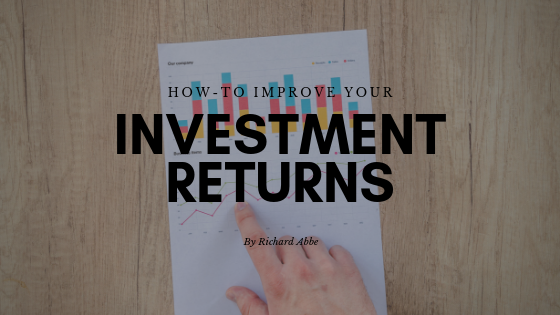Warren Buffett is famous for achieving market-busting returns over several decades. It’s allowed him to amass a fortune that puts him among the wealthiest men in history. Not everyone can be as well off as Buffett, but that does not mean it’s impossible to improve your returns. Here are some strategies that might help.
Watch Fees
One of the biggest drags on investment returns can be the fees that many brokerage firms charge their clients. Even cutting 1 percent from a brokerage fee could lead to better returns to the tune of hundreds of thousands over a lifetime of investing. Some brokerages like Vanguard and Schwab have products that charge less than 0.10 percent per year.
Diversify
Investing in one company’s stock is a recipe for disaster. Just ask those who were employees of companies like Enron. One of the best ways to diversify is through mutual funds or ETFs. These investments come with instant diversification. Therefore, if one company goes under, hundreds of others will continue humming along.
Watch Taxes
Another drag on investment returns is taxes. There are ways to defer or avoid taxes altogether when investing. Accounts like IRA and 401(k) accounts offer many tax advantages. Also, avoiding constant trading can allow investors to avoid paying capital gains taxes that frequent traders will have to pay. Additionally, those who hold onto investments for more than a year will have a lower capital gains rate.
Keep Investing
Market downturns will seem like good times to jump out of many investments. Values will go down, but the only people who lock in the losses are those who sell when prices are down. Purchasing additional shares while the market is down is when real money gets made. When buying clothes and cars, most people look for sales. A market downturn provides an opportunity to buy shares on sale. When the market turns around, those shares bought at bargain-basement prices will appreciate and lead to a higher net worth for those who held on. Continuing to purchase shares whether the market is down or up leads to a higher share count. It leads to higher dividend payments and a higher net worth than those who sold when the outlook looked grim.
Keeping the future in mind while investing is key. Those who fail to keep the ultimate destination of retirement in mind will be tempted to sell at the wrong time. That’s a perfect way to avoid higher investment returns in nearly every market situation.

